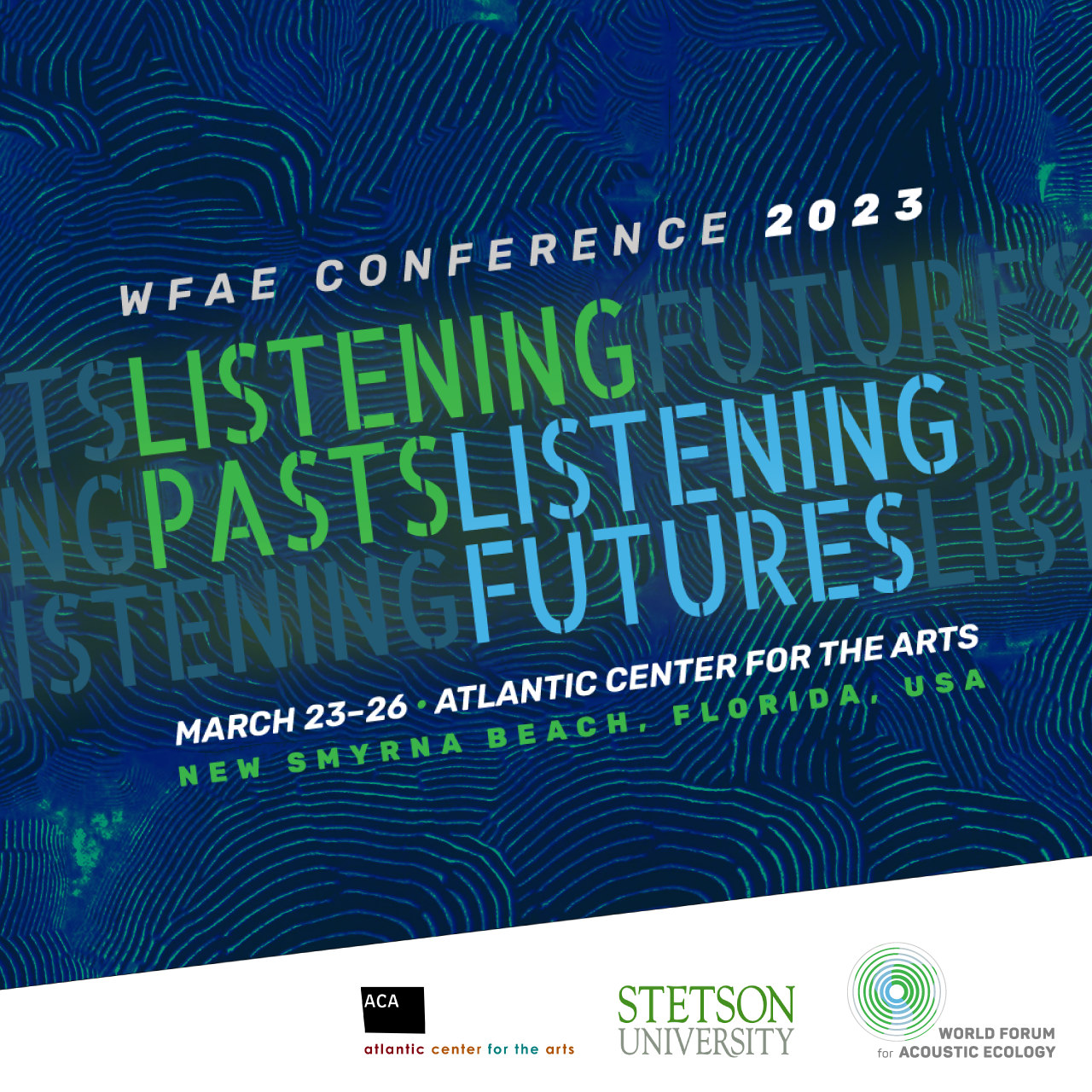Thinking Like a Giraffe: Biosemiotics, Ethics, and Soundscape Ecology
Abstract
Building on the unique intersection of biosemiotics ethical theory and a philosophical exploration of soundscape ecology, this project examines the ethical implications of considering soundscape analysis from a nonhuman perspective. I first outline the problem of the nonhuman listener for soundscape ecology before then tracing the distinction between acoustic ecology and soundscape ecology. I then introduce the biosemiotics as a theoretical model for understanding nonhuman experience, and then use that model to describe a months-long soundscape study in partnership with a local zoological park which examined the potential impact of anthrophonic noise events on a specific set of individuals: a trio of adult giraffes. This soundscape case study of this zoo’s giraffes and their experiential interrelations with their soundscape proposes that if (soundscape) ecology is meant to help us in “thinking like a mountain,” [1] we might then miss out on individual experience through, in this case, listening like a giraffe.

